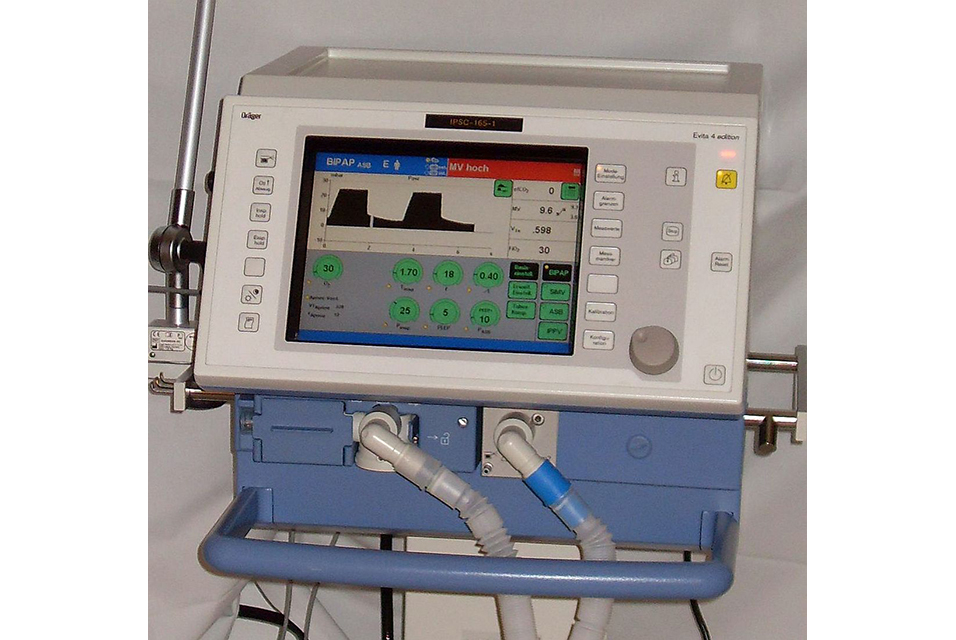LOS ANGELES, CA.- Researchers from
UCLA, Harvard Medical School and the University of Tokyo found that during a recent six-year period, homeless people in New York state were more likely to hospitalized and treated with mechanical ventilators for respiratory infections than people who are not homeless.
Of 20,000 patients hospitalized for influenza at 214 New York hospitals between 2007 and 2012, the study found, 6.4% were homeless, and nearly all of the homeless people were seen in just 10 of the hospitals. The gap between homeless and non-homeless hospitalizations was particularly wide during 2009’s H1N1 influenza pandemic, when 2.9 out of every 1,000 homeless people in New York were hospitalized, compared with 0.1 per 1,000 non-homeless people in the state.
Homeless patients with influenza were also 9% more likely to be admitted to the hospital from the emergency department and 58% more likely to be put on ventilators compared with all other patients with influenza. There was no difference in in-hospital fatality rates between the two groups.
Background
Homeless people have a particularly high risk for contracting infectious diseases, and more people are likely to become homeless as the current economic crisis continues. Given the COVID-19 pandemic and the potential for other pandemics of communicable diseases, experts are concerned about a possible shortage of hospital beds and ventilators. But little is known about the possible effects that disease outbreaks among homeless people could have on health system resources.
Method
The researchers used data from the 2007-2012 New York State Inpatient Database to identify all hospitalizations with a diagnosis of influenza. They noted some limitations to the study. For instance, hospital records may not have identified some homeless patients as such, so the hospitalization rates for homeless patients be underestimated. Also, the findings may not be applicable to other states.
Impact
The findings highlight the importance of infection control among the homeless population, particularly during the current COVID-19 pandemic and in preparing for other infectious disease pandemics.
Authors
The study’s authors are Yusuke Tsugawa of the UCLA Fielding School of Public Health and the David Geffen School of Medicine at UCLA, Atshushi Miyawaki of the University of Tokyo, and Kohei Hasegawa of Harvard Medical School and Massachusetts General Hospital.
The study was published in the peer-reviewed Journal of General Internal Medicine.










